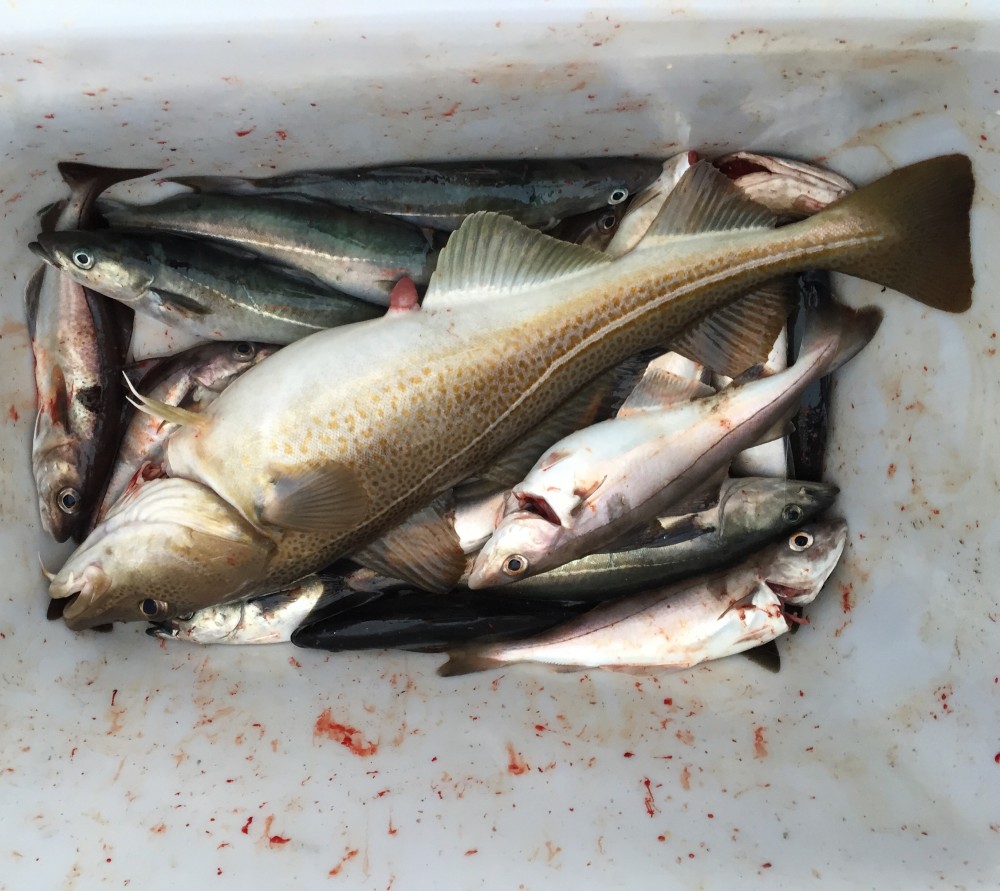Researchers voice concern about warmer Arctic waters and effects on fish
The waters in the Arctic are warming at an alarming pace, researchers from the Norwegian Institute of Marine Research say. That has consequences for life in the sea, and for the work of the marine researchers, the Marine Research Institute says.
“When assessing the changes over the last 15 years, we see that the development has progressed incredibly quickly,” says Mette Skern-Mauritzen.

She is heading a research group at IMR which looks at consequences of the warmer Arctic sea water.
“When the temperature increases, the fish species move towards the north,” she says. “The stocks which are fond of warm water spread out over bigger areas and increase in numbers,” she adds
That concerns the Atlantic cod, the key fish in the Norwegian and Barents Seas.
Traditional Arctic species are especially squeezed by the warming trend. These are normally small fish which live close to the sea bottom. The have to move further north to survive, because their traditional waters are simply becoming too warm, the researchers say.
Russian research data indicate that average water temperatures in the Barents Sea and the Kara Sea in 2016 were up to 2.5 degrees above normal.
The Russian Hydrometeorological Center does not rule out the possibility that the heat ultimately could result in almost ice-free Arctic water in summertime within the course of this decade.
The quick changes now compel researchers to step up cooperation.
“The temperature increase in the sea is getting so wide-reaching consequences for the ecosystem that the need for research cooperation is bigger than ever before, also between research disciplines,” Skern-Mauritzen says.
In addition, she says, the representatives of the management regimes must be included.
“It is important that the ones who decide about how the marine resources are manages are well informed about the developments,” she underlines.